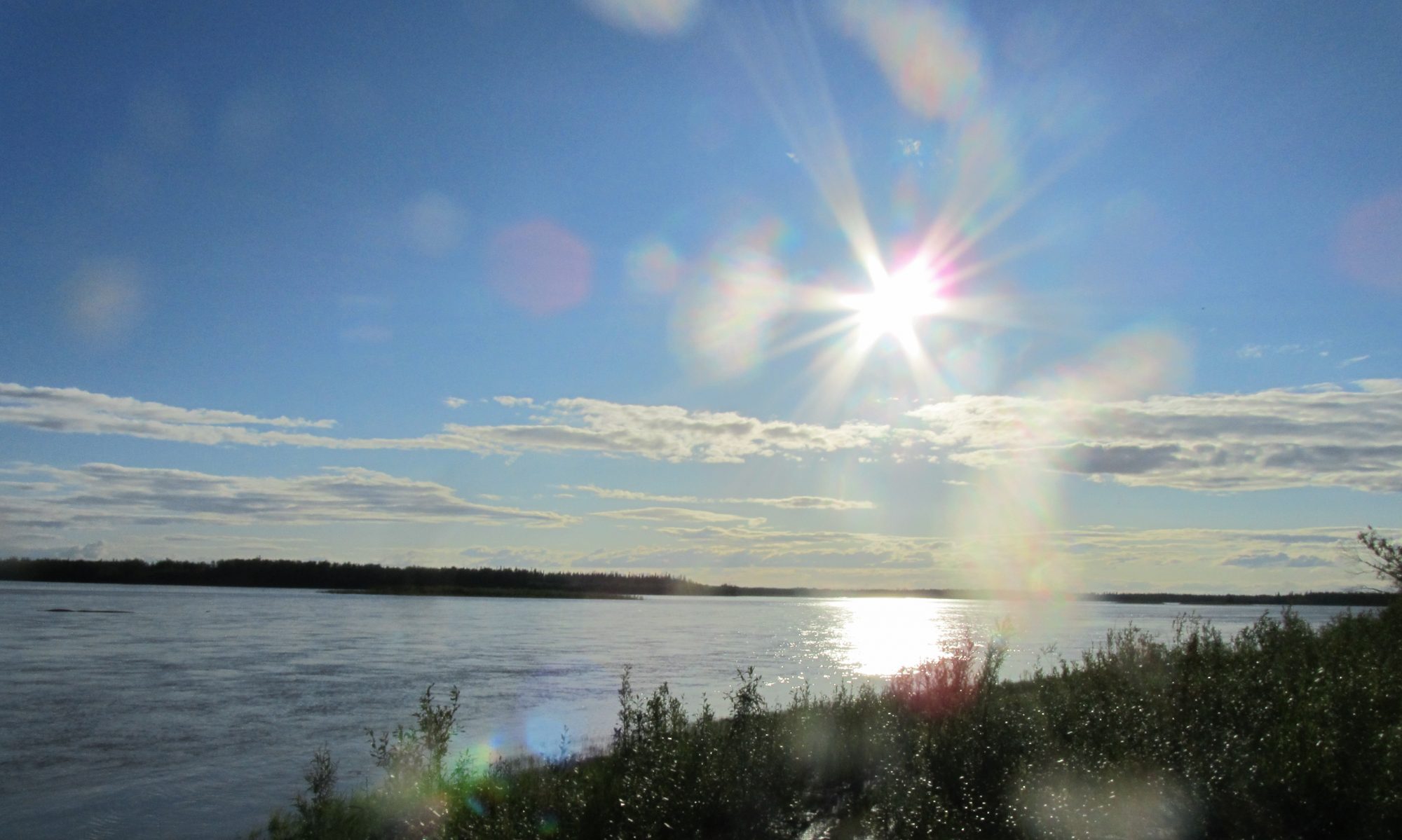On December 18, 2021 the Alaska Native Claims Settlement Act (ANCSA) turns 50. To mark the occasion, the Department of Alaska Native Studies and Rural Development will publish a series of blog posts from faculty and graduates discussing ANCSA at 50: The Next 50 Years. Posts will be related to the history of the law, the changes it has wrought, personal experiences with ANCSA, or ideas for the next 50 years. We will also be posting pieces from our past newsletters, links to the Department’s ANCSA at 40 video series, and information on historical sources. Please join us in looking at the Act that changed Alaska.
Our first repost comes from the DANRD 25th Anniversary Newsletter and describes the relationship between the rural development program and ANCSA.
“The History of Rural Development”
Reprinted from the Department of Alaska Native and Rural Development 25th Anniversary Newsletter, Fall 2009 1
THE “ROOTS” OF THE CURRENT B.A. DEGREE in Rural Development go back to the mid-1970s when Mike Gaffney and other faculty along with students and community members involved in UAF’S rural field-based Cross Cultural Education (XCED) teacher training program saw the need for some type of an additional degree option beyond classroom teaching that related to the development training requirements brought about by the passage of ANCSA (Alaska Native Claims Settlement Act). With the 1971 passage of ANCSA Alaska Native self-determination was dependent upon the success of the resulting profit corporations (based on a western financial market environment) and not-for-profit organizations that depended upon federal and state government funds (and westernized reporting requirements). The need for trained Alaska Native personnel was not a part of the settlement provisions and few Alaskan Natives were prepared for this level of professional management. The resulting Human Resource Development degree option within the B.ED degree program was an initial step to address these needs.
In the late 70s as the ANCSA situation continued to unfold and self-determination efforts began to accelerate, it increasingly became evident that the Human Resource Development orientation of the B.ED degree needed to be significantly modified so that individuals would have the knowledge and skills needed to be able to multi-task between “running the business” while maintaining the community’s cultural identity and control over these processes. The B.A. degree in Rural Development was designed with this end in mind.
The structure and content of the initial RD degree was shaped by desire to train human resource generalists that could address a variety of administrative duties and responsibilities based on familiarity with the general context of socio-economic development (RD core) and then approach specific issues from an inter-disciplinary specialty concentration or area of expertise (applied emphasis). Through internships, course projects, grant writing exercises and a required senior project, the curriculum included real-life, applied experiences in order to prepare the graduates for the immediacy of the development environment in rural Alaska. Pat Dubbs, the first department head for the Rural Development program, was one of several key faculty that designed and nurtured the creation of the B.A. degree at UAF. Some of the others with early long term involvement were Ray Barnhardt, Rick Caulfield, Lary Schafer, Nick Flanders, and Taylor Brelsford.
From its official inception in 1984, Rural Development attempted to offer its degree to both on-campus and off-campus students. It had a network of rural based faculty members who, along with Fairbanks faculty members, offered degree courses via distance delivery methods throughout much of rural Alaska.
Today’s Rural Development degree has stayed true to this foundation. Its focus on recruiting, retaining and graduating Alaska Native and rural students continues in the mission of the RD program. The major’s core courses offer the generalist orientation, the required Concentration Area incorporates an interdisciplinary skill area of expertise and the graduates have the experiences of a required internship [the internship course is still available, but no longer required] and senior project. Student advising remains a cornerstone of each faculty’s role and the department now offers a whole new level of growth for students who have achieved their bachelor degree by offering the distance delivered M.A. in Rural Development.
1 https://uaf.edu/dansrd/overview/newsletters/2009_25thAnniversaryIssue_DANRDnewsletter.pdf
